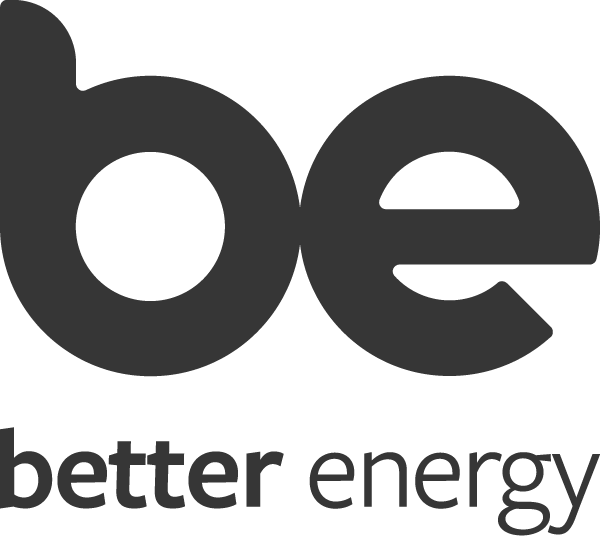Sector integration and proactive sustainable transitions
We envision the Triangle Area as the North European centre of green and sustainable energy production for transport sector, households, and industry consumption.
The green energy and sustainable fuel market needs a boost. Close collaborations between private sector companies, municipalities and state on large scale demonstration projects gives valuable experiences and leeds to affordable product prices and demonstrate consumer and societal value.
There are ideal prerequisites in the Triangle Area to establish such close collaborations, and the existing 32 partnership members share ambitious objectives. It is of common purpose to establish integrated infrastructure systems, knowledge, technologies, and organisations.
Power-to-X is highly valued and prioritized in the Danish Climate Agreement of 2020 and municipal climate action strategies, and the European Union is working towards sector integration initiatives, where the Triangle Area is highlighted as a European hydrogen hub.

































